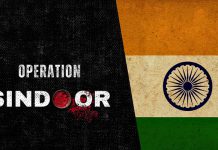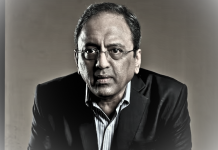
Homosexuality is not a crime in India anymore and it is not a mental disorder, five Supreme Court judges declared today in a spectacular leap for gay rights in the country and a rainbow moment in its history. The Supreme Court overruled its own 2013 decision and partially struck down Section 377, a controversial British-era law that banned consensual gay sex. The ban is irrational, indefensible and manifestly arbitrary, the judges said. “Take me as I am,” said Chief Justice of India Dipak Misra, toasting gay pride.
Section 377, which is part of an 1861 law, bans “carnal intercourse against the order of nature with any man, woman or animal” — which was interpreted to refer to homosexual sex.
A part of that law still remains; non-consensual or consent obtained by force continues to be an offence, as will “carnal intercourse with children, animals and bestiality”.
The verdict is being cheered by millions across the country, far beyond the gay community, which has fought for decades for the right to be treated equally.
The petitions were opposed by Christian bodies like the Apostolic Alliance of Churches and Utkal Christian Association, besides some other NGOs and individuals.


The homosexual community had a five-year reprieve after the Delhi High Court in 2009 described Section 377 as a violation of the fundamental rights guaranteed by the constitution and removed the ban. It had responded to a petition by Naz Foundation, which has fought for almost a decade for gay rights.
In 2013, the Supreme Court cancelled the Delhi high court order and restored the ban on homosexuality, saying it was the job of parliament to decide on scrapping laws.
The Supreme Court this year said the court “cannot wait for a majoritarian government” to decide on enacting, amending or striking down a law if it violates fundamental rights.






